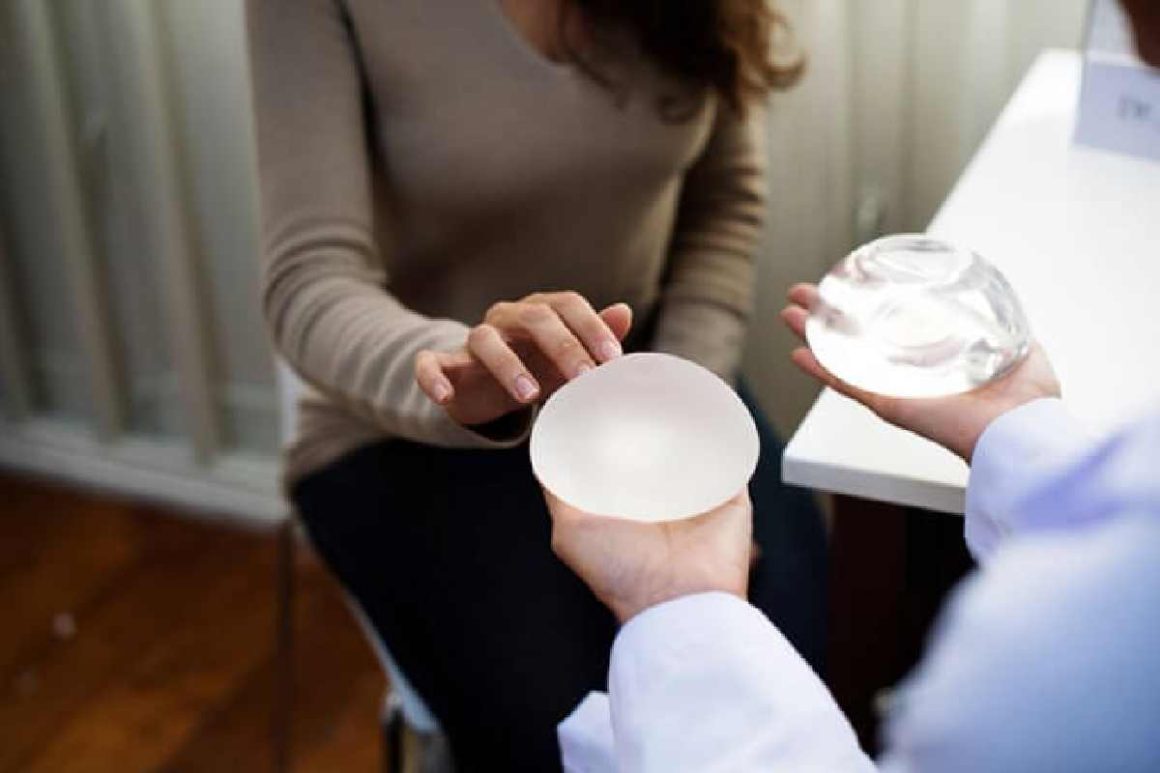Breast Implant Illness: Understanding Symptoms and Seeking Solutions
Breast augmentation has long been a popular choice for those in Newport Beach, CA, seeking to enhance their physical appearance and boost confidence. However, in recent years, an increasing number of individuals have reported experiencing a range of health issues linked to breast implants. This phenomenon, commonly referred to as Breast Implant Illness (BII), has become a topic of concern and discussion within the medical community. In this blog post, we’ll delve into what BII is and explore the various symptoms associated with this condition.
Defining Breast Implant Illness (BII)
Breast Implant Illness is a term used to describe a cluster of symptoms that some individuals with breast implants report experiencing. These symptoms can affect both physical and mental well-being, leading to a variety of health concerns. While not officially recognized as a medical diagnosis by all experts, the growing body of anecdotal evidence has sparked interest and research into the potential connection between breast implants and adverse health effects.
Symptoms of Breast Implant Illness
Symptoms of Breast Implant Illness include the following:
Fatigue: One of the most commonly reported symptoms of BII is unexplained fatigue. Individuals with breast implants may find themselves experiencing persistent tiredness, even after adequate rest. This fatigue can impact daily activities and overall quality of life.
Joint and Muscle Pain: Many BII sufferers report experiencing joint and muscle pain that cannot be attributed to other known causes. This discomfort may manifest as stiffness, soreness, or general aches, affecting mobility and physical activity.
Cognitive Dysfunction: Cognitive issues, often referred to as “brain fog,” are another hallmark of BII. Those affected may experience difficulties with concentration, memory, and mental clarity. These cognitive symptoms can interfere with work, relationships, and overall cognitive function.
Autoimmune Symptos: Some individuals with breast implants report the development or exacerbation of autoimmune symptoms. This may include conditions such as rheumatoid arthritis, lupus, or other autoimmune disorders. The exact mechanism behind these associations is still under investigation.
Skin Issues: Skin-related problems, such as rashes, redness, or persistent itching, have been linked to BII. Changes in skin texture and appearance may also be observed, causing additional distress for those affected.
Digestive Disturbances: Gastrointestinal issues, including bloating, gas, and irregular bowel movements, are reported by some individuals with breast implants. These symptoms can significantly impact daily comfort and overall digestive health.
Mood Changes: BII can manifest as emotional and psychological symptoms, leading to mood swings, anxiety, and even depression. The impact on mental well-being can be profound, affecting both personal and professional aspects of life.
While the existence of Breast Implant Illness continues to be debated within the medical community, it is crucial to acknowledge and address the concerns of individuals experiencing these symptoms. As research into this phenomenon evolves, the importance of informed decision-making regarding breast augmentation becomes increasingly apparent.
If you are considering breast implants or are experiencing symptoms associated with BII, it is advisable to consult with a qualified healthcare professional. An open and honest discussion about your health history, concerns, and goals will enable you to make informed decisions regarding breast augmentation and address any potential health issues promptly.
The evolving conversation around Breast Implant Illness emphasizes the need for continued research and awareness within the medical and patient communities. By staying informed and prioritizing health and well-being, individuals can confidently and clearly navigate the complex landscape of breast augmentation.


